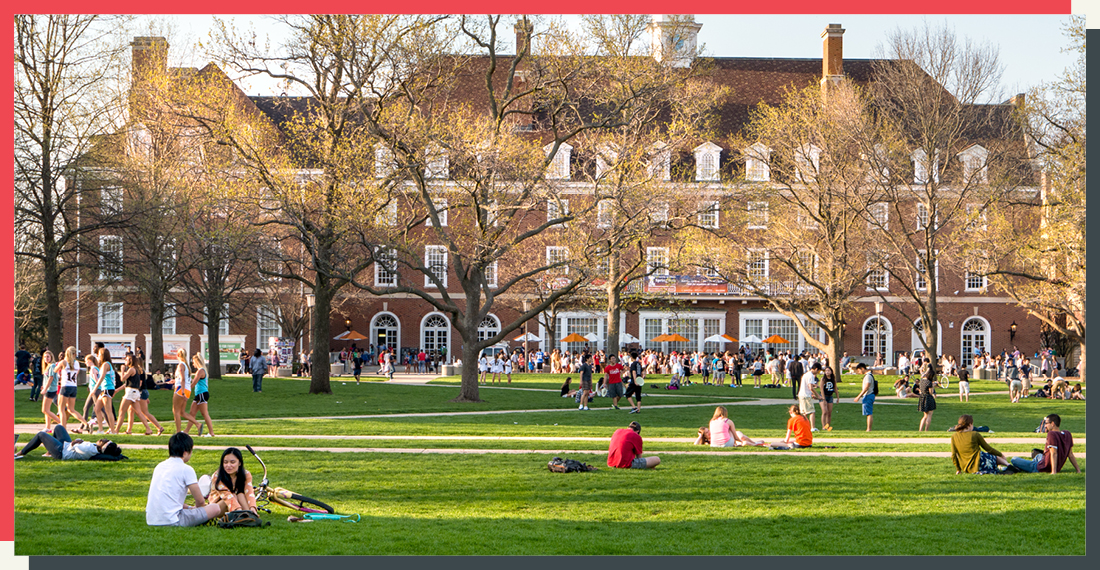Selendy Gay authored an amicus brief on behalf of The Presidents’ Alliance on Higher Education and Immigration, supported by 86 institutions and associations, in AAUP v. Rubio, a case challenging the administration’s arrest, detention, and deportation of noncitizens based on their political views and activity. In this brief, the Presidents’ Alliance supports the AAUP’s motion for a preliminary injunction.
The amicus brief underscores how recent efforts targeting international students and other noncitizen campus members have created a climate of fear and uncertainty on U.S. campuses, chilling the free exchange of ideas and isolating international students and scholars. Left unchecked, this environment will deter international students from choosing U.S. colleges and universities, undermining the interests of both the nation and its academic communities. The brief further argues that U.S. students will lose out on global perspectives and enriched learning experiences, while institutions themselves will suffer declining enrollment, the loss of talented students and scholars, and diminished academic collaboration and discovery. On a broader scale, the policy is positioned to harm the U.S. economy, stifle innovation, and intensify “brain drain” as top talent looks elsewhere for educational and research opportunities—ultimately jeopardizing the global competitiveness and leadership of American higher education.
Miriam Feldblum, President and CEO of the Presidents’ Alliance stated: “Recent actions have upended individual lives, undermined the safety of our institutions, and jeopardized academic freedom in and beyond the classroom. The uncertainty generated by visa revocations and terminations not only has immediate impacts but also threatens our long-term ability to recruit, retain, and employ talented individuals from across the globe. In submitting this brief, higher education leaders are coming together to amplify the contributions of noncitizen students and scholars, whose ideas and breakthroughs fuel our economy and uphold the collaborative spirit that defines American education.”
Since 2013, the United States has welcomed over 12 million international students. Noncitizen students, scholars, and graduates–including international students–spur intellectual innovation, advance scientific discovery, and contribute to our country’s economic resilience and national security. In 2023, international students accounted for 6% of the total U.S. higher education population and contributed more than $50 billion to the U.S. economy, making higher education the eighth largest U.S. service export.
Read the full amicus brief here.





